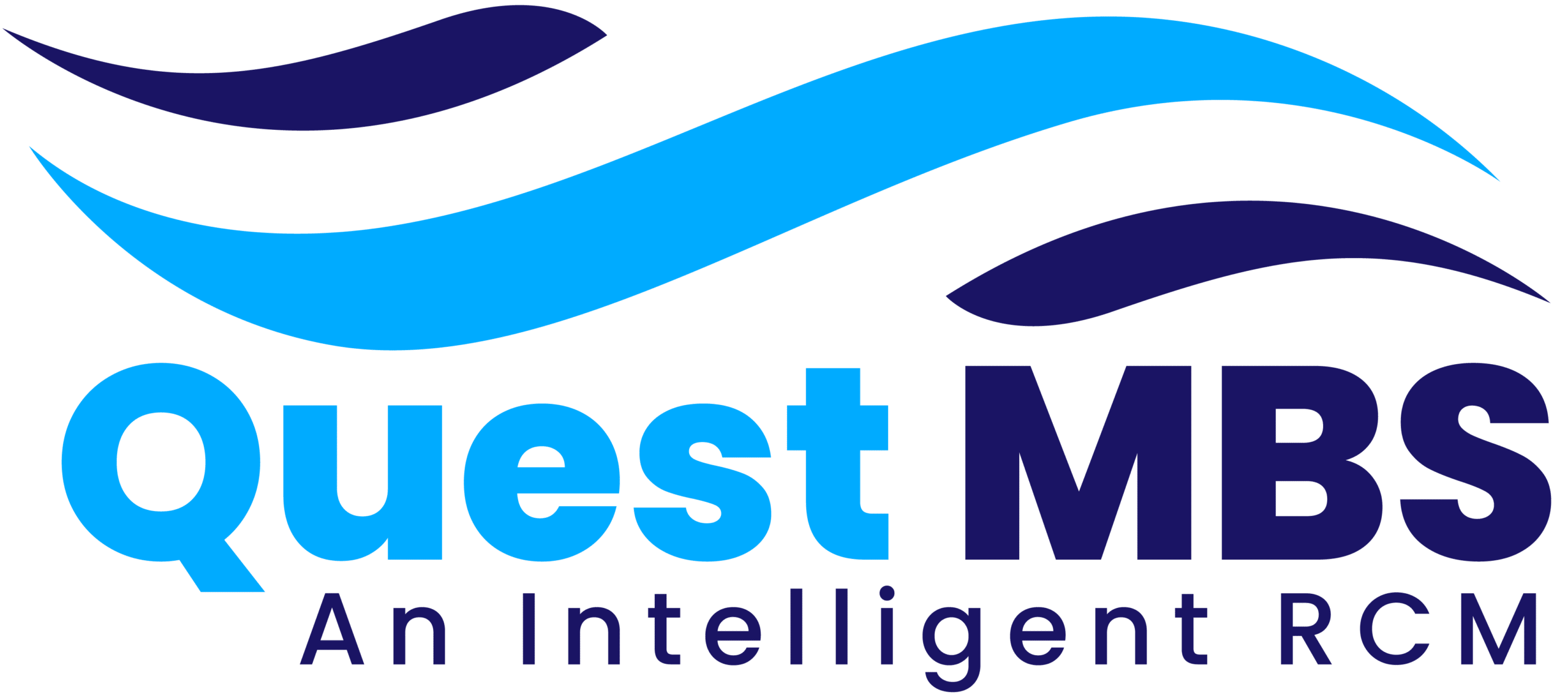Introduction:
In today’s digital era, healthcare providers are increasingly adopting cloud-based medical billing software to streamline financial operations, improve efficiency, and reduce administrative burdens. Cloud-based solutions offer flexibility, automation, and real-time data access, making them a preferred choice over traditional on-premise billing systems.
However, like any technology, cloud-based medical billing software has its advantages and drawbacks. While it enhances accessibility, security, and cost-effectiveness, concerns about data security, internet dependency, and compliance remain.
This article explores what cloud-based medical billing software is, how it works, its pros and cons, and how healthcare providers can maximize its benefits.
What is Cloud-Based Medical Billing Software?
Cloud-based medical billing software is a web-based solution that allows healthcare providers to manage patient billing, claims processing, and financial transactions remotely via the internet. Unlike traditional on-premise software that requires installation on local servers, cloud-based solutions store data in secure remote servers managed by third-party providers.
Key Features of Cloud-Based Medical Billing Software:
- Automated claims processing (ICD-10, CPT coding)
- Real-time insurance verification
- Electronic health record (EHR) integration
- Billing analytics and reporting
- HIPAA-compliant data encryption
- Multi-user remote access
By leveraging cloud computing, healthcare providers can reduce costs, improve efficiency, and ensure compliance with evolving regulations.
How Cloud-Based Medical Billing Software Works:
- Data Entry and Patient Registration
- The system captures patient details, insurance information, and medical history.
- Automated Coding and Claims Submission
- ICD-10 and CPT codes are automatically assigned to medical services.
- Claims are submitted electronically to insurance providers.
- Real-Time Payment Processing
- The system verifies insurance eligibility and calculates patient responsibility.
- Online payments and automated invoicing streamline financial transactions.
- Compliance and Security Management
- The software ensures HIPAA compliance, data encryption, and secure backups.
- Analytics and Revenue Cycle Management (RCM)
- Providers track revenue, pending claims, and financial performance in real time.
Now, let’s explore the advantages and disadvantages of cloud-based medical billing software.
Pros of Cloud-Based Medical Billing Software:
1. Cost-Effective Solution:
- No expensive hardware or servers required.
- Lower upfront costs compared to traditional on-premise systems.
- Monthly or yearly subscription-based pricing makes it affordable for small clinics.
2. Enhanced Accessibility & Remote Work Capabilities:
- Access the system from any device with an internet connection.
- Allows multiple users (billing staff, doctors, administrators) to work remotely.
- Ideal for multi-location hospitals and telehealth services.
3. Automated Claims Processing & Billing Efficiency:
- Reduces human errors in coding and claims submission.
- Increases claim approval rates with built-in error detection.
- Automated billing reminders improve patient payments.
4. Seamless Integration with EHR & Practice Management:
- Synchronizes with Electronic Health Records (EHR) for better patient data management.
- Streamlines workflow by integrating appointment scheduling, documentation, and billing.
5. Improved Security and Compliance:
- HIPAA-compliant data encryption and multi-factor authentication.
- Automatic backups prevent data loss.
- Reduces risks of cyberattacks on local servers.
6. Real-Time Reporting & Analytics:
- Provides insights into claims approval rates, revenue trends, and financial health.
- Helps providers identify billing inefficiencies and revenue leaks.
7. Scalability for Growing Practices:
- Can be easily upgraded to accommodate business growth.
- No need for additional hardware or IT infrastructure.
Cons of Cloud-Based Medical Billing Software:
1. Internet Dependency & Downtime Risks:
- Requires a stable internet connection for uninterrupted access.
- Network downtime can disrupt billing operations.
2. Data Security & Privacy Concerns:
- Cloud servers are potential targets for cyberattacks and data breaches.
- Healthcare providers must trust third-party vendors for security compliance.
- HIPAA violations can lead to legal penalties if data is compromised.
3. Monthly Subscription Costs Add Up:
- Ongoing subscription fees can become costly over time.
- Some software charges extra for features like claims analytics, EHR integration, and user access.
4. Limited Customization Options:
- Unlike on-premise solutions, customization is restricted.
- Providers may need third-party integrations for specialized billing needs.
5. Compliance & Regulatory Challenges:
- Cloud vendors must adhere to HIPAA, GDPR, and state regulations.
- Healthcare providers must continuously monitor compliance changes.
6. Learning Curve & Staff Training:
- Billing teams may require training to adapt to new systems.
- Older staff may struggle with cloud-based workflows.
How to Choose the Right Cloud-Based Medical Billing Software:
If you’re considering cloud-based billing software, here are some key factors to evaluate:
1. Security & Compliance:
- Ensure HIPAA compliance and end-to-end encryption.
- Choose a vendor with strong cybersecurity measures.
2. Integration with Existing Systems:
- Verify compatibility with EHR, patient portals, and insurance networks.
- Look for API support for seamless data transfer.
3. Pricing & Cost Transparency:
- Compare monthly vs. annual pricing and hidden fees.
- Consider scalability for future growth.
4. Ease of Use & User Training:
- Select a platform with a user-friendly dashboard.
- Ensure customer support and training resources are available.
5. Backup & Disaster Recovery Plans:
- Confirm that the provider offers automatic backups and data recovery.
Future of Cloud-Based Medical Billing Software:
Cloud-based solutions are shaping the future of healthcare billing with innovations like:
1. Artificial Intelligence (AI) & Machine Learning:
- AI-powered billing software predicts claim acceptance rates and reduces errors.
2. Blockchain for Enhanced Security:
- Blockchain technology will strengthen data security and transparency.
3. IoT & Telehealth Integration:
- Billing systems will support remote patient monitoring and virtual care payments.
4. Advanced Revenue Cycle Automation:
- Automated workflows will optimize insurance verification and payment collection.
Conclusion:
Cloud-based medical billing software offers numerous advantages, including cost savings, automation, real-time access, and enhanced security. However, providers must consider internet dependency, data privacy risks, and compliance challenges before adoption.
By selecting a HIPAA-compliant, scalable, and user-friendly solution, healthcare practices can streamline billing operations, improve revenue cycle management, and enhance financial efficiency in the long run.
As technology evolves, cloud-based billing software will continue to reshape the healthcare industry, offering smarter, faster, and more secure billing solutions for medical providers.







